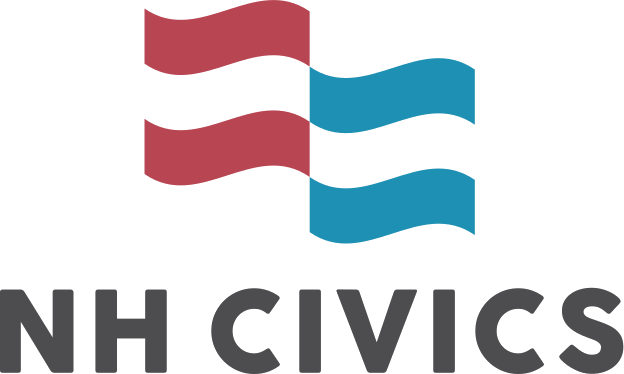Federalism and Conditional Spending Programs – Virtual
Abstract:
The Constitution created a federal government whereby power is shared between the federal and state governments as well as the citizens. The Constitution delegates specific power to the federal government and under the Tenth Amendment reserves the remaining power to the states and to the people. However, over time Congress has attempted to expand federal power by placing conditions on the state receipt of federal funds as an extension of Congress’s spending power under Article 1, Section 8 of the Constitution. The Supreme Court has approved these conditional spending programs as a valid exercise of Congress’s spending power but has placed requirements on them in order to ensure they do not go too far as to make them an unconstitutional exercise of power. Question still exist, however, as to whether or not these programs violate the very principles of federalism that form the foundation of our constitutional system of government.
Essential Question:
- Do federal conditional spending programs violate the principles of federalism embodied in the Constitution?
Materials and Documents
“A large portion of my day is spent on video calls helping parents to teach their kids the right material. Because of all that I’m constantly looking for great online resources to share with the parents of the kids I work with and I came across your NH Civics page while looking up social studies resources. It’s been a great help and had a lot of great sites I could send the kids and their parents to for some extra material to work with. Just thought I should reach out and thank you for putting it all together!”
Looking for more information?
Please contact us with any questions you may have about any of our programs or would like additional information.
